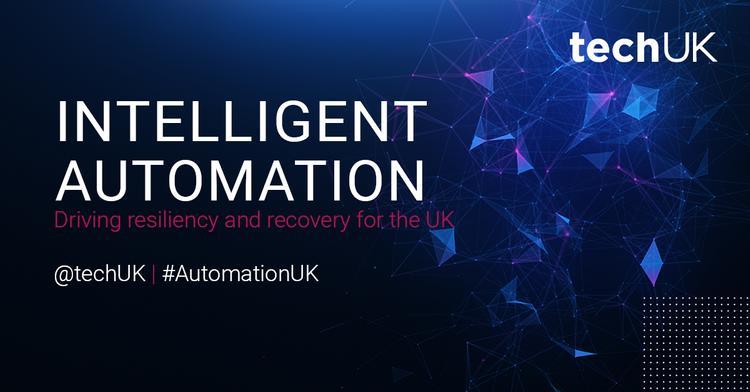Implementing Intelligent Automation Requires A Diverse Workforce, Trained in Multiple Disciplines

Intelligent Automation is getting coders and developers to use tools and languages (RPA languages such as Automation Anywhere, UI Path) to take the human effort out of repeatable processes, freeing up those humans to do other more ‘value add’ things, right? It also removes a lot of the operational risk in those processes, by removing the chance of human error, right?
In terms of skills and the workforce of tomorrow, I would submit that the statements above are only very partially correct and immediately limit the effectiveness of the automation activity.
To truly implement Intelligent Automation requires a diverse workforce which reflects the demographic of society and the people using/owning the processes in question. That diverse workforce also needs to be trained in many other disciplines than just coding. Disciplines such as business analysis, executive communication, presentation skills, IT security and others, alongside the automation tool or language.
Why do I say this?
Before any coders or developers get anywhere near any automation tools, it is really important to understand what the process is there to achieve for the business or organisation in question. People in that organisation can feel very attached to 'their process’ and therefore assume the way that they execute processes is best. They may feel concerned or threatened both by the idea that their processes are being discussed and explored and they may feel threatened that automation of the processes could take their job away.
It is often the case that an analyst will identify inefficiencies in the existing processes that can be removed. Again, emotional intelligence and honed communication skills are required to have “the discussion” about changing the processes. Presentation skills are required to present back to the process owners the process improvements and the benefits of these improvements. These presentation skills are also imperative to quantify and highlight the benefits of the process changes.
Even automated processes will interface with humans. This could be where human intervention may be required in the event of an exception or it will be immediately prior to the automated process. The analyst needs to be able to engage intelligently and sympathetically with the people who interface with the process and will need to communicate to them the new automated process and how they interact with it.
For the automated processes to be future-proofed, they need to be easy to maintain. Documentation which is easy to understand and clear and complete, and written using the lexicon the process owners will understand, needs to accompany the automated processes so, again, excellent communication skills are required.
Only a diverse workforce, trained in the skills above, will be equipped to carry out the activities above successfully, sympathetically and thoroughly.
You can read all insights from techUK's Intelligent Automation Week here

Laura Foster
Laura is techUK’s Associate Director for Technology and Innovation.

